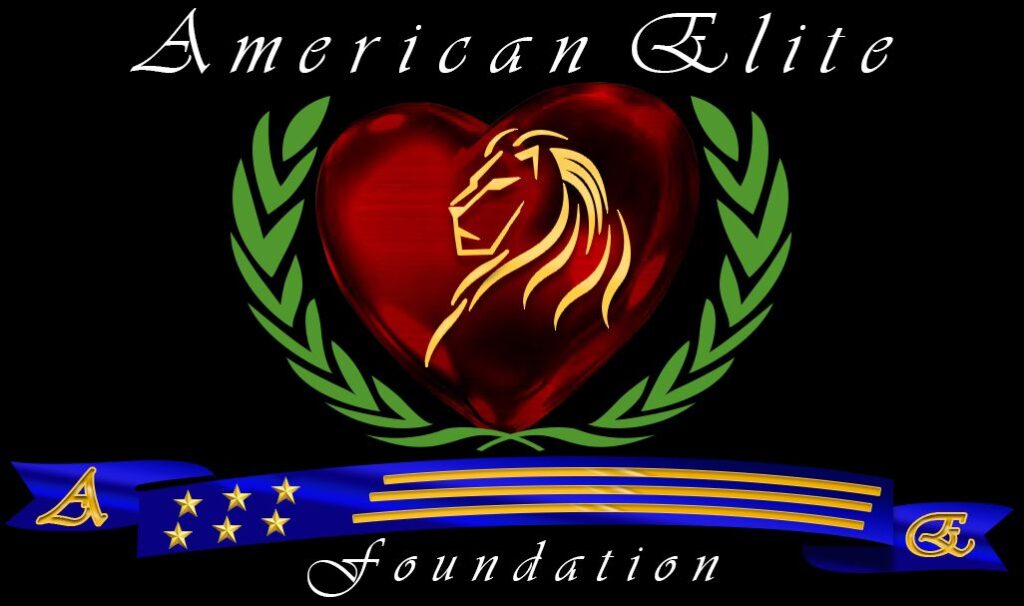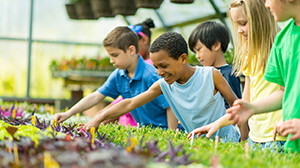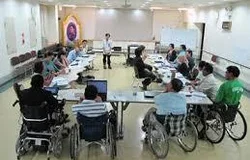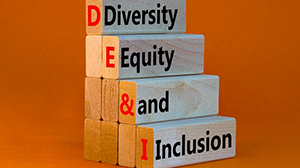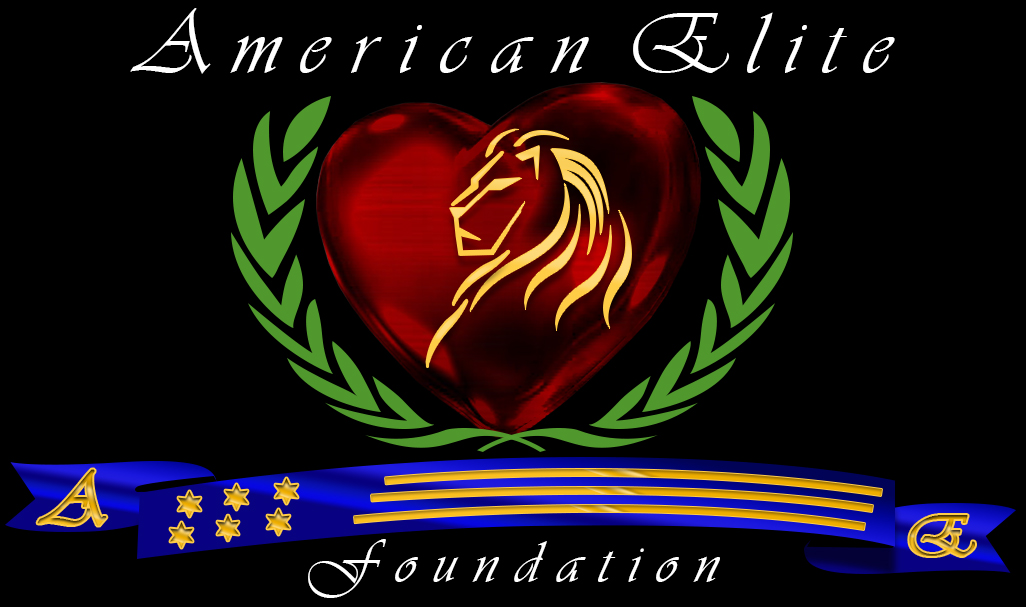Daniel Davidson, MD, MBA, DBA, PHD
Introduction:
A brighter future depends on investing in the development of youth and children in a world full of opportunities and challenges. The development, education, and general well-being of young people are greatly aided by charitable endeavors, which enable them to realize their greatest potential. These initiatives cover several facets of youth development, ranging from healthcare services and recreational activities to education and mentorship programs. This article will discuss a few noteworthy philanthropic endeavors that support young people’s and children’s overall development.
Empowering Through Education:
The phrase “Empowering Through Education” perfectly captures the revolutionary effects that having access to a high-quality education can have on people—individuals, communities, and entire society. This idea is based on the conviction that education is a potent tool for social mobility and empowerment rather than just a way to gain knowledge.
Empowering people via education entails removing obstacles to learning and giving everyone equal access to education, irrespective of their financial situation, gender, race, or geography. This strategy acknowledges education as a basic human right and as a driver of social advancement, economic success, and individual development.
The following summarizes the meaning of “Empowering Through Education”:
Access to Education:
Making sure people have access to high-quality education and learning materials is the first step towards empowering them via education. This entails constructing and maintaining educational facilities, offering financial aid and scholarships, and putting laws into place to remove obstacles like discrimination, poverty, and remoteness.
Holistic Development:
Education includes the holistic development of people, fostering their social, emotional, physical, and cognitive well-being in addition to academic learning. Education may empower people by developing their critical thinking abilities, creativity, empathy, resilience, and sense of social duty.
Equality and Inclusion:
Providing equal opportunities for learning and success to all people, irrespective of their circumstances or background, is essential to empowering people through education. This entails resolving differences in results, representation, and access as well as establishing welcoming, inclusive learning environments that value diversity.
Skills for the Future:
Giving people the knowledge, abilities, and skills they need to prosper in the twenty-first century is a key component of empowering them via education in the quickly evolving world of today. These include digital literacy, the capacity to solve problems and communicate effectively, entrepreneurship, and flexibility to help people meet the opportunities and challenges of the future.
Empowerment and Agency:
By giving people the skills, information, and chances to make wise decisions, follow their passions, and realize their objectives, education empowers people. It empowers people to take charge of their lives, stand up for their rights, and make meaningful contributions to their communities by fostering a sense of agency, self-confidence, and self-efficacy.
Social Transformation:
Breaking the cycle of poverty, lowering inequality, boosting social cohesiveness, and encouraging sustainable development through education has the potential to propel greater social transformation. People who have received an education are better equipped to become engaged citizens, leaders, and change agents who can help create a society that is more just, equitable, and prosperous.
Mentoring and Guidance:
Programs for mentoring and guidance are philanthropic endeavors aimed at offering youth assistance, counsel, and inspiration via exemplary mentors and role models. Below is a summary of the roles that mentorship and guidance play:
Positive Role Models:
Mentoring programs usually match young people with kind adults who act as role models for them. These mentors may be volunteers with pertinent life experience, professionals, leaders in the community, or teachers from a variety of backgrounds. For the mentee, the mentor acts as a mentor and inspiration, providing support, guidance, and encouragement.
One-on-One Relationships:
One-on-one mentoring relationships enable individualized attention and customized support. Mentors and mentees form a close, trustworthy relationship that gives mentees a secure environment in which to talk about their objectives, difficulties, and dreams. Mentors provide direction, provide knowledge, and assist mentees in overcoming obstacles in life through consistent engagements and dialogues.
Building and Developing Skills:
Mentoring programs assist young people in acquiring critical life skills and competencies by focusing on their overall development. Mentors can offer advice on choosing a course of study, exploring employment options, forming relationships with others, making decisions, and creating goals. They might also provide helpful guidance on matters like communication, dispute resolution, and time management.
Personal Development and Empowerment:
Young individuals who have mentoring relationships are better able to reach their objectives and reach their full potential. Mentors assist mentees in moving toward their goals by encouraging them to create challenging yet attainable goals. Mentees gain resilience, self-worth, and confidence from their mentors through constructive criticism and encouraging words.
Support System:
For young people, particularly those who are dealing with hardship or difficult situations, mentoring programs provide an invaluable network of support. Mentors assist mentees in navigating challenging circumstances and overcoming barriers by offering them emotional support, empathy, and understanding. They provide mentees a sense of trust and belonging by lending a sympathetic ear and providing nonjudgmental guidance.
Long-Term connections:
To promote continuity and consistency in assistance, many mentoring organizations seek to build long-term connections between mentors and mentees. These ties may last long after the program ends, developing into enduring bonds that improve the lives of both the mentor and the mentee.
Promoting Health and Well-being:
In the framework of philanthropic endeavors, promoting health and well-being entails attending to the physical, mental, and emotional requirements of young people and children in order to guarantee their lead happy and healthy lives. What it means to promote health and well-being is broken down as follows:
Physical Health:
Access to basic healthcare services, such as immunizations, treatment for common ailments, and preventive care, is the main goal of charitable programs. In order to address malnutrition, this may entail establishing mobile clinics in underprivileged areas, providing free medical examinations and screenings, and giving out wholesome meals or supplements.
Mental Health:
For young people dealing with issues like stress, worry, and depression in particular, mental health is just as vital as physical health. In order to assist young people in overcoming mental health obstacles and developing resilience, charitable organizations may provide therapy, support groups, and mental health awareness initiatives.
Healthy Lifestyle Promotion:
The best way to enhance general well-being is to support healthy habits and ways of living. Workshops, seminars, and instructional campaigns on subjects like exercise, nutrition, preventing substance misuse, and sexual health may be arranged by charitable endeavors. In order to encourage social contact and physical wellness, they might also grant access to sports and leisure activities.
Taking Care of the Social Determinants of Health:
A person’s health and well-being are influenced by a variety of non-healthcare factors, including their socioeconomic situation, level of education, and availability of resources. The goal of charitable endeavors may be to address these socioeconomic determinants of health by funding community development, economic empowerment, and educational activities.
Health education and preventive care:
Treatment is frequently less expensive and less effective than prevention. By providing immunizations, health screenings, and routine check-ups to identify health risks early, charitable organizations may prioritize preventive care. In order to encourage healthy habits and increase public awareness of prevalent health conditions, they might also offer workshops and resources on health education.
Fostering Creativity and Expression:
“Fostering Creativity and Expression” describes the assistance and encouragement given to people, especially young people and children, so they can freely express themselves and develop their creative potential. This idea acknowledges the inherent importance of creativity for cognitive development, emotional health, and personal improvement.
Here’s a breakdown of what fostering creativity and expression entails:
Giving Youth the Freedom to Explore:
Through charitable endeavors, young people are given the opportunity to freely delve into a variety of artistic mediums, such as visual arts, music, theater, literature, and more. They provide access to the tools, materials, and resources needed for experimentation and skill improvement.
Developing Self-Discovery:
Young people are encouraged to explore their own interests, skills, and viewpoints through artistic endeavors and activities. They get the chance to express their ideas and feelings, find new passions, and learn more about the world and themselves.
Developing Self-Esteem and Confidence:
When young people work on creative projects, they feel proud and accomplished when their ideas come to life. Achievements in artistic endeavors enhance an individual’s resilience, self-worth, and confidence, enabling them to surmount obstacles and disappointments.
Encouraging Innovation and Problem-Solving:
Being creative entails thinking beyond the box, trying out novel concepts, and coming up with creative solutions for issues. Charitable endeavors that foster creativity give young people the tools they need to navigate complexity, adjust to change, and come up with innovative solutions to problems in the real world.
Creating Safe and Supportive Environments:
Nonprofits establish inclusive, safe environments where young people can express themselves without worrying about criticism or judgment. These areas encourage a feeling of community and belonging and allow people to openly express their ideas, experiences, and stories.
Honoring Cultural Expression and Diversity:
Diversity enriches creativity, which has no boundaries. Charitable endeavors honor cultural diversity and inspire young people to investigate and value other artistic traditions, styles, and viewpoints. This promotes understanding, respect, and admiration for one another’s diversity in human expression.
Encouraging Cooperation and Communication:
Creative endeavors frequently require cooperation and collaboration, which helps participants develop their social skills, communication, and cooperation. Youth can collaborate, exchange ideas, and learn from one another through charitable endeavors, which promotes a sense of unity and group accomplishment.
Building Leadership Skills:
The goal of developing youth leadership skills is to enable children to acquire the traits and skills required to lead successfully in a variety of contexts, including their communities, schools, and future employment. The following summarizes the ways in which altruistic endeavors can foster leadership qualities:
Workshops on Skill Development:
Training sessions and workshops centered on leadership development are frequently held by charitable organizations. These programs address a variety of subjects, including goal-setting, problem-solving, teamwork, and communication. Youth gain real-world experience and practical skills that are necessary for effective leadership through engaging activities and conversations.
Mentorship Programs:
These programs match young people with seasoned leaders who act as mentors and role models. Mentors assist young people in overcoming obstacles, setting objectives, and realizing their potential as leaders by offering guidance, support, and encouragement. Through gaining useful ideas and perspectives from their mentors’ experiences, young people can further enhance their leadership skills.
Community Projects:
Youth can practice and develop their leadership skills through participation in community projects. Youth are frequently involved in charitable endeavors by designing and carrying out projects that deal with concerns and needs in the community. Youth gain experience in organizing work, assigning responsibilities, and motivating others to take action by assuming leadership roles in these projects, such as team leaders or project managers.
Youth Leadership Programs:
To foster leadership potential, certain nonprofit organizations provide tailored youth leadership programs. Through these programs, young people might assume leadership positions inside the organization by planning events or sitting on youth advisory boards, for example. Youth gain self-assurance, initiative, and a sense of responsibility via practical experience and mentoring.
Peer-to-Peer Learning:
Nonprofit programs establish settings in which young people can assist and learn from one another. Peer-to-peer learning activities allow young people to exchange experiences, information, and skills. Examples include team-building activities, group discussions, and peer mentorship. Youth who collaborate with their peers gain empathy, interpersonal skills, and the capacity to function well in groups.
Acknowledgment and Festivity:
Honoring the accomplishments of young leaders is crucial in boosting their self-esteem and drive. In order to recognize the accomplishments of young leaders and offer chances for networking and development, charitable efforts frequently plan events, awards ceremonies, or leadership retreats. Organizations encourage young people to keep growing as leaders and having a good influence on their communities by recognizing their achievements.
Conclusion:
The future of our world is greatly influenced by charitable endeavors aimed at fostering the growth of young people. Through the provision of education, mentorship, health care, creativity, and leadership opportunities, these programs enable youth to surmount challenges, attain their full potential, and engage in constructive contributions to society. Let us keep in mind the value of creating circumstances where every child has the chance to flourish as we support and nurture the next generation.
